Ozekhome Calls for Depoliticised Anti‑Corruption Agencies as He Faces ICPC Probe
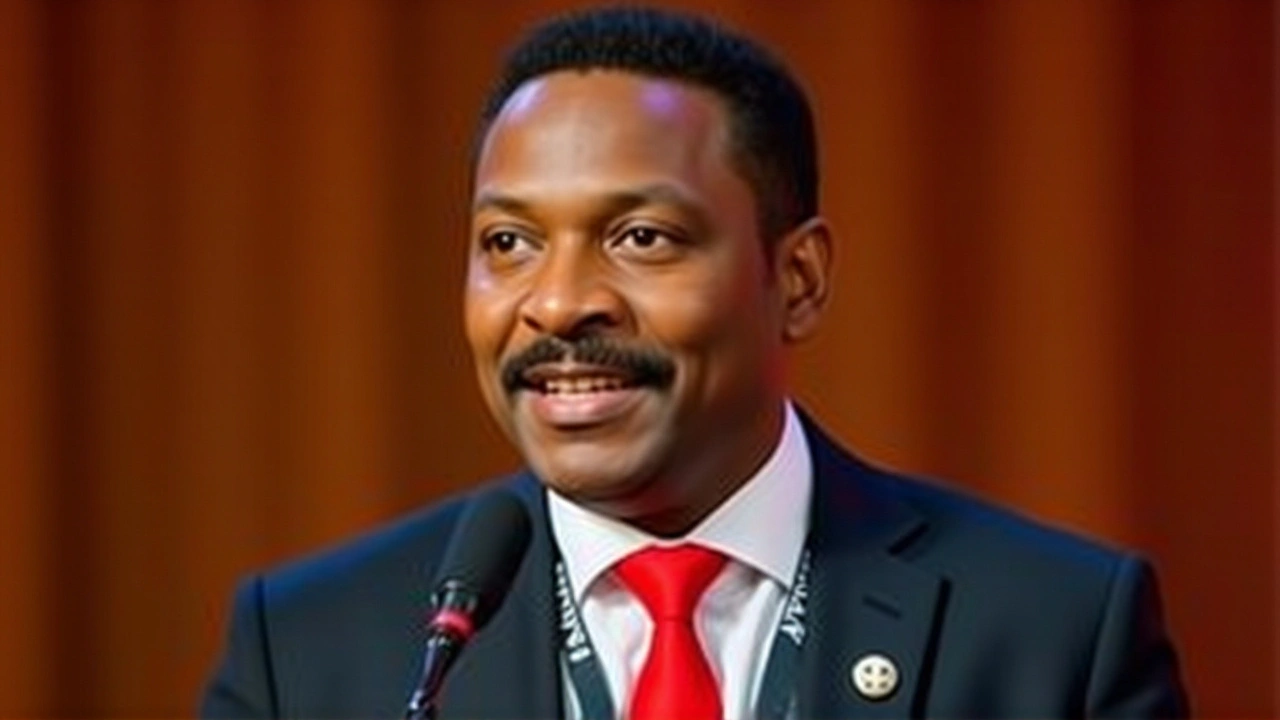
When Mike Ozekhome, Senior Advocate of Nigeria delivered a lecture titled Quest for Unity, Equity and Justice in Nigeria: Shall the Labour of Our Heroes Past Be in Vain? Abuja on 5 October 2025, he warned that the country’s fight against graft will fail unless the Economic and Financial Crimes Commission (EFCC), Independent Corrupt Practices Commission (ICPC), Central Bank of Nigeria (CBN) and Securities and Exchange Commission (SEC) are fully depoliticised and equipped with modern tools. The twist is that Ozekhome himself is now under investigation by the ICPC after a petition from the Human and Environmental Development Agenda (HEDA) alleged forged identity documents and a dubious London property deal.
Background to Ozekhome’s Call for Reform
Ozekhome, a constitutional lawyer famed for high‑profile human‑rights cases, has long championed institutional independence. His lecture came at a time when Nigeria is gearing up for the 2027 general elections, an event many view as a litmus test for democratic resilience. The speaker referenced past election scandals, pointing out that without an empowered anti‑corruption watchdog, “the same few will rig the system again”.
He also cited the 2022 EFCC restructuring that left many senior officers vulnerable to political reshuffles, a move he described as “a recipe for inaction”. According to the lecturer, the 2024 SEC crackdown on market abuse failed to deliver because the agency’s budget was slashed after a parliamentary vote. The pattern, Ozekhome argued, is clear: politicisation dilutes mandate, and dilution breeds impunity.
Details of the Anti‑Corruption Appeal
During the session, Ozekhome outlined a three‑point agenda:
- Depoliticise the EFCC, ICPC, CBN and SEC by amending the 1999 Constitution to guarantee tenure and shield leadership from arbitrary removal.
- Equip these bodies with cutting‑edge technology – biometric verification, blockchain‑based asset tracing and AI‑driven data analytics – to close loopholes that criminals exploit.
- Strengthen the Independent National Electoral Commission (INEC) with real‑time monitoring tools so that any breach in the upcoming 2027 polls is instantly flagged and sanctioned.
He warned that “scapegoats must be made of deviant public officials” and that the electorate should treat elections as “peaceful competitions of ideas, not battles for power”. The call resonated with civil‑society groups who have repeatedly asked for a “fire‑break” between politics and anti‑corruption enforcement.
Allegations Against Ozekhome and the ICPC Investigation
Ironically, the same day Ozekhome finished his remarks, HEDA submitted a petition to the ICPC alleging that the lawyer and his son, Osilama Ozekhome, used a fabricated National Identification Number (NIN) to purchase a £2.1 million flat in London. The National Identity Management Commission (NIMC) confirmed that the NIN was generated remotely from Monaco under an “amputee exception” without biometric capture, and that the associated 9mobile phone number traced back to a law‑firm office.
Police investigations in Jos revealed the address used in the application was fictitious. HEDA argued that such a scheme could not have succeeded without collusion from officials at NIMC, the Nigerian Immigration Service, the Federal Inland Revenue Service and several court registrars. The ICPC has now opened a formal probe, and the Attorney‑General of the Federation, Lateef Fagbemi, announced a review of the London property tribunal’s judgment during the Supreme Court’s 2025/2026 legal year opening ceremony in Abuja.
Fagbemi called the judgment “an egregious development that bears sadly on the integrity of the Nigerian legal profession”. He urged both the Nigerian Bar Association (NBA) and the Body of Senior Advocates of Nigeria (BOSAN) to cooperate fully with the investigation and warned that the case could result in disbarment should the Legal Practitioners Disciplinary Committee find evidence of misconduct.
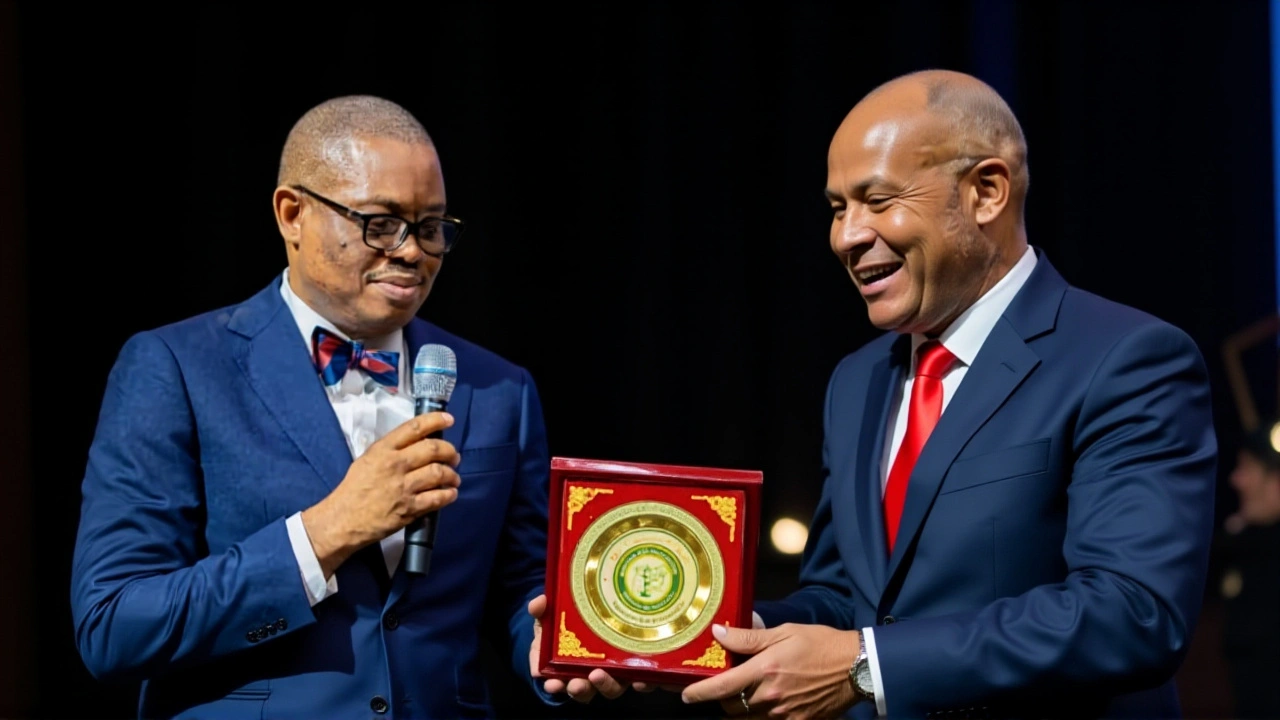
Reactions from Government and Legal Bodies
EFCC Chairman Ola Olukoyede and State Security Service chief Adeola Ajayi recently wrote to the newspaper Peoples Gazette, demanding a retraction of reports alleging coercion in the resignation of NNPC boss Bayo Ojulari. Ozekhome’s response dismissed the demands as “baseless”, insisting that the reporting met global journalistic standards.
Meanwhile, HEDA’s lead campaigner, Olanrewaju Suraj, warned that the case “is emblematic of a wider malaise where corrupt officials and unscrupulous lawyers collude to manipulate public institutions”. He called for swift ICPC action and for the recovery of the London asset in collaboration with UK authorities.
Implications for Nigeria’s Anti‑Corruption Drive
The juxtaposition of Ozekhome’s public plea and his personal legal troubles highlights a systemic challenge: reformers are often themselves caught in the web they seek to untangle. If the ICPC’s investigation leads to prosecution, it could set a precedent that even senior counsel are not immune, reinforcing Ozekhome’s own message about accountability.
On the other hand, the scandal could undermine public confidence in the very agencies Ozekhome wants to empower. Citizens may wonder whether depoliticising the EFCC or ICPC would truly curb entrenched patronage, or merely shuffle the same networks into new positions.
Experts, such as Prof. Chidi Odinkalu of the Centre for Democracy and Development, argue that technology alone won’t fix the problem. “You can automate fraud detection, but you still need political will to act on the findings,” he told a radio interview on 12 October 2025. The consensus is that any successful reform must pair legal safeguards with transparent oversight mechanisms.
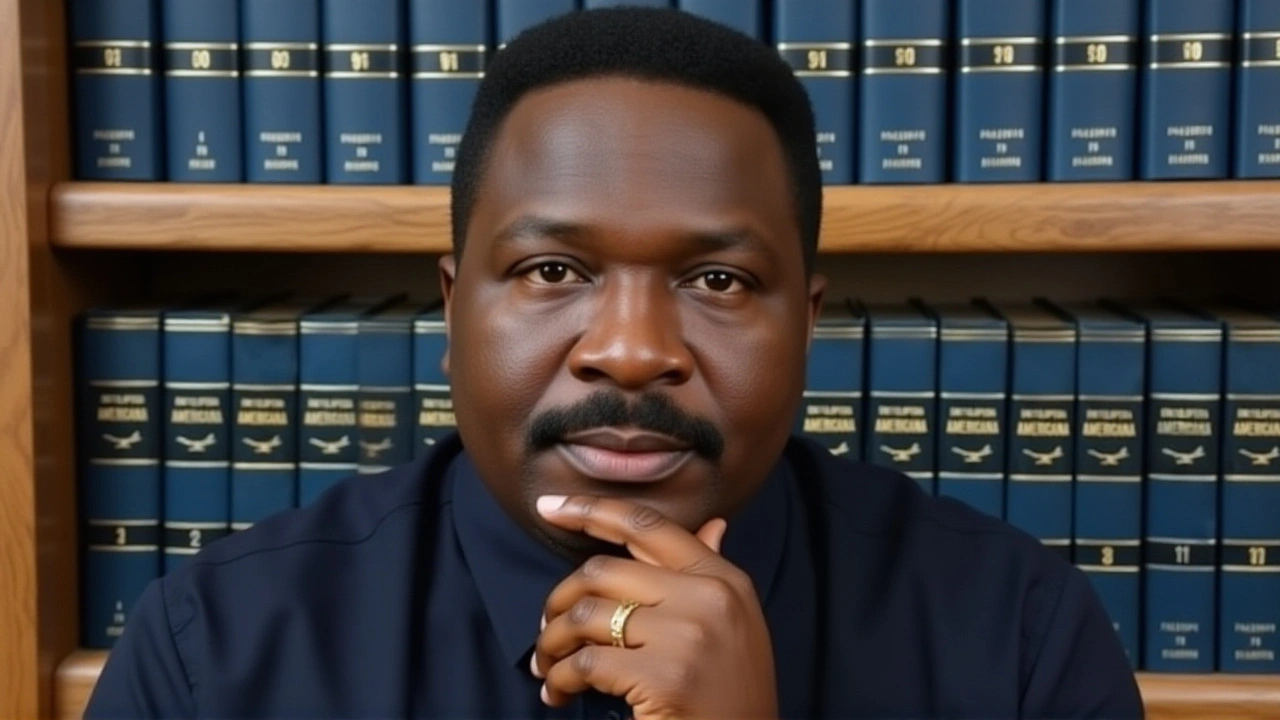
What Comes Next?
The ICPC is expected to submit an interim report to the Attorney‑General within six weeks. If charges are filed, the case could travel to the Federal High Court, where the LPDC would decide on professional discipline. Simultaneously, Ozekhome’s call for agency reform is likely to be tabled in the upcoming National Assembly committee hearing on anti‑corruption legislation scheduled for early 2026.
For voters, the key takeaway is that the 2027 elections will be watched not only for candidate platforms but also for the strength of the institutions that police the process. Whether Nigeria can finally break the cycle of “elite‑driven” corruption remains to be seen, but the next few months will be telling.
Frequently Asked Questions
How does the ICPC investigation affect the anti‑corruption agenda?
The probe places a senior lawyer at the centre of a high‑profile fraud case, testing the ICPC’s independence. If the commission proceeds without political interference, it could bolster public trust and demonstrate that even powerful figures are accountable, reinforcing Ozekhome’s reform message.
What specific reforms did Ozekhome propose for the EFCC and ICPC?
He called for constitutional amendments guaranteeing fixed tenures for agency heads, the creation of a multi‑party oversight board, and the deployment of biometric and blockchain tools to track illicit financial flows and verify identities in real time.
Who are the main actors behind the alleged London property fraud?
According to HEDA’s petition, the scheme involves Mike Ozekhome, his son Osilama Ozekhome, corrupt officials within the NIMC, the Immigration Service, the Federal Inland Revenue Service, and a handful of court registrars who allegedly facilitated the falsified documents.
What impact could this case have on the 2027 elections?
If the ICPC demonstrates decisive action, it could deter electoral malpractices by signalling that fraud will be pursued aggressively. Conversely, perceived leniency may embolden candidates to use illicit financing, jeopardising the credibility of the vote.
What are the next legal steps for the Ozekhome case?
After the ICPC’s interim report, any charges will be filed in the Federal High Court. The Legal Practitioners Disciplinary Committee may simultaneously convene to assess possible disbarment, while the Attorney‑General’s office reviews the London tribunal judgment for broader policy implications.

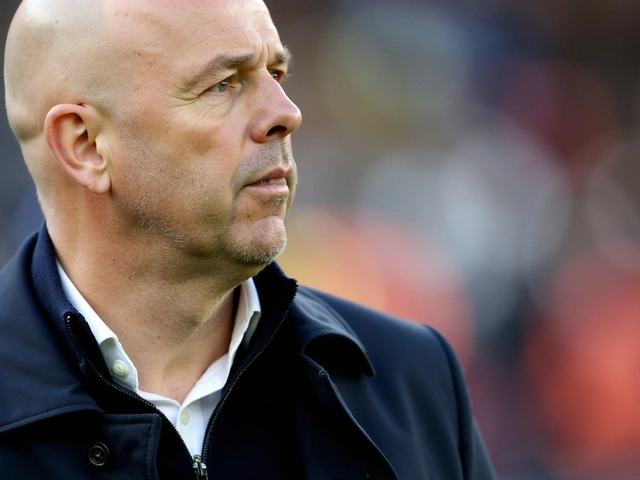
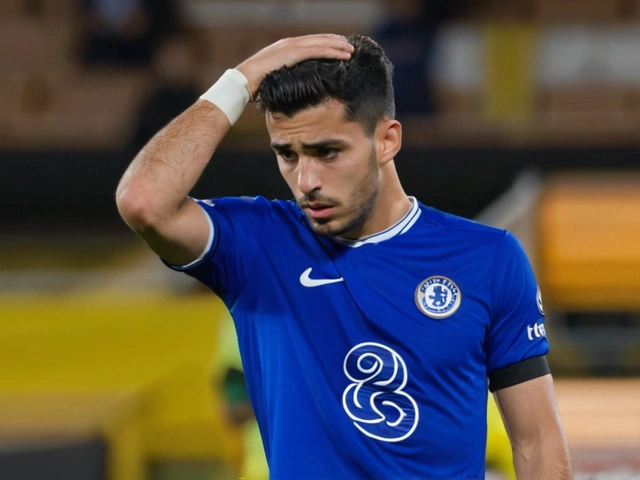
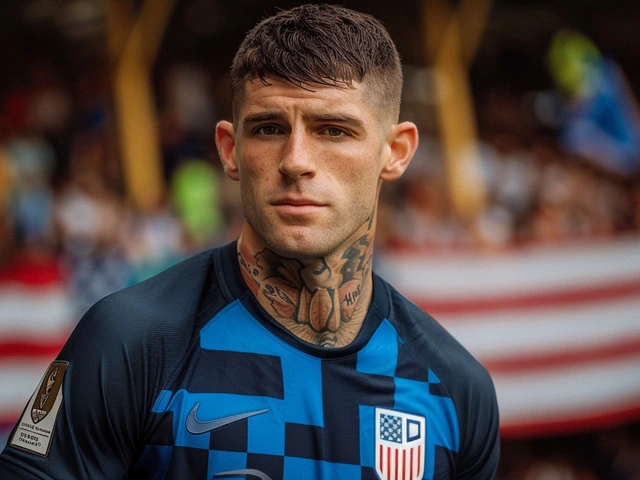

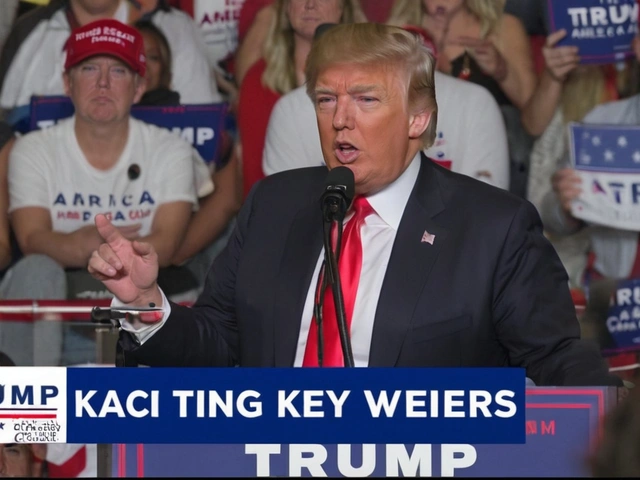
santhosh san
October 6, 2025 AT 01:38This whole saga just drags on like a bad soap opera.
Jocelyn Garcia
October 15, 2025 AT 07:51We need to keep pushing for true independence of our agencies.
The fight against corruption is a marathon, not a sprint.
Every voice that demands depoliticisation adds weight to the cause.
Stay strong and keep the conversation alive.
Sagar Singh
October 24, 2025 AT 14:05What a circus! Ozekhome preaching while under a microscope
somiya Banerjee
November 2, 2025 AT 19:18Seeing a fellow Nigerian call for real reform makes me proud.
The agencies must be insulated from political games, otherwise our nation suffers.
Unity and vigilance will see us through.
subhashree mohapatra
November 12, 2025 AT 01:31The paradox of a reformer facing accusations is striking.
It underscores how intertwined elite networks are with the very systems they claim to overhaul.
While the allegations demand scrutiny, they also risk diverting attention from structural reforms.
A measured investigation could reinforce the anti‑corruption narrative rather than undermine it.
ajay kumar
November 19, 2025 AT 00:11yeah i think this whole thing shows how we cant just talk about change without actin.
we need more transprancy and less politcally driven games.
Soundarya Kumar
November 25, 2025 AT 22:51Totally get where you're coming from.
Transparency is the keystone for any lasting reform, and it's high time we hold everyone accountable, not just the usual suspects.
Minal Chavan
December 2, 2025 AT 21:31The proposition to amend the 1999 Constitution warrants a comprehensive legal analysis.
Ensuring tenure security for agency heads must align with the principles of separation of powers and judicial oversight.
Moreover, any amendment process should involve bipartisan consensus to avoid further politicisation.
Rajesh Soni
December 12, 2025 AT 03:45The call for technological upgrades within anti‑corruption bodies is undoubtedly timely.
Biometric verification can close loopholes that have historically been exploited by sophisticated laundering networks.
However, the implementation of such systems raises critical questions about data governance and privacy safeguards.
Blockchain‑based asset tracing promises immutable ledgers, yet the underlying infrastructure still requires substantial investment and skilled personnel.
Moreover, AI‑driven analytics can flag anomalous transactions, but false positives could overwhelm already stretched investigative units.
In practice, the success of these tools hinges on inter‑agency cooperation, which is currently hampered by jurisdictional rivalries.
Legislative frameworks must be updated to grant these agencies the authority to subpoena encrypted data from foreign jurisdictions.
International cooperation agreements, particularly with the UK for the London property case, are essential for cross‑border asset recovery.
Nevertheless, technology is not a silver bullet; without political will, even the most advanced systems will sit idle.
The recent ICPC probe into Ozekhome exemplifies how political considerations can stymie impartial investigations.
If the commission proceeds with transparency, it could set a precedent that reinforces the very reforms Ozekhome advocates.
Conversely, perceived leniency may embolden other high‑profile individuals to exploit similar loopholes.
Strategic budgeting is also critical – underfunded units cannot maintain sophisticated cyber‑forensic labs.
Stakeholder training programs must accompany any hardware rollout to ensure investigators can interpret algorithmic outputs correctly.
Public communication strategies should demystify these technologies to build citizen trust.
In sum, a holistic approach that couples cutting‑edge tools with robust legal mandates and unwavering political commitment is the only viable pathway to curbing entrenched corruption.
Nanda Dyah
December 16, 2025 AT 18:51While the enthusiasm for cutting‑edge solutions is commendable, the proposal overlooks the fiscal constraints facing Nigeria's treasury.
A phased implementation, paired with rigorous cost‑benefit analyses, would mitigate the risk of unsustainable expenditures.
vikas duhun
December 26, 2025 AT 01:05The narrative of a crusader being tainted by the very darkness he fights is nothing short of tragic.
It mirrors the age‑old saga of heroes stumbling into their own snares, a motif that resonates across our cultural mythos.
Yet, we must not let melodrama cloud the factual underpinnings of the case.
Nathan Rodan
December 30, 2025 AT 16:11I appreciate the poetic framing, but let’s bring the focus back to actionable steps.
First, a bipartisan oversight committee could monitor the rollout of biometric systems.
Second, independent audits should be mandated annually.
Finally, civil society must be empowered to report discrepancies without fear of retaliation.
KABIR SETHI
January 8, 2026 AT 22:25The whole debate feels like a chess game where each move is scrutinized by a thousand eyes.
One side pushes for rapid tech adoption, the other warns of overreach.
Both have merit, but balance is key.
tanay bole
January 13, 2026 AT 13:31It is evident that any reform agenda must reconcile legal robustness with operational feasibility.
Without this equilibrium, initiatives risk becoming symbolic gestures rather than substantive change.
Arjun Dode
January 22, 2026 AT 19:45Yo fam, let’s keep the hype alive!
Every time we shout for clean agencies, we push the needle a bit further.
Keep shouting, keep sharing!
Mayank Mishra
January 27, 2026 AT 10:51Do we really think just amending the constitution will magically purge corruption?
The system’s rot runs deeper than any single amendment can reach, and half‑hearted reforms only prolong the agony.
Kristen VanPamel
February 5, 2026 AT 17:05Truth is a mirror shattered by those who fear its reflection
Reid Vance
February 8, 2026 AT 00:38If you examine the historical patterns of anti‑corruption drives, you’ll notice a cyclical rise and fall that aligns with shifts in political power structures.